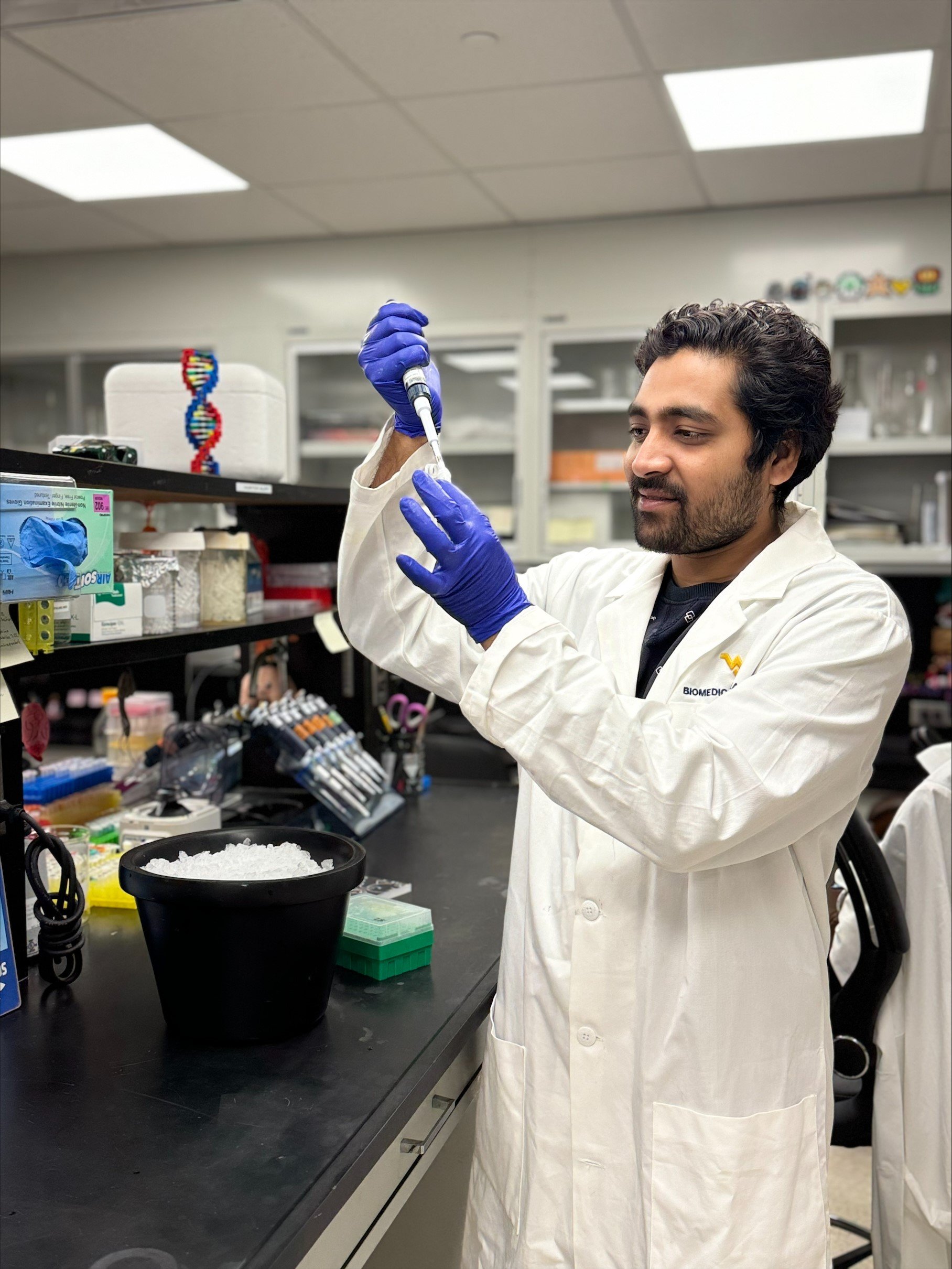Dr. Souradip Chatterjee from West Virginia University Awarded $90,000 Knights Templar Eye Foundation Grant for Targeting Protein Glutamylation in Blinding Diseases
Dr. Souradip Chatterjee from West Virginia University was awarded a $90,000 grant for Targeting Protein Glutamylation in Blinding Diseases.
Modification of proteins by small chemical moieties can profoundly change their properties and affect the function of the cell. Dr. Chatterjee’s research focuses on one such modification called protein glutamylation, which involves adding or removing glutamate residues from proteins. This process is crucial because dysregulated protein glutamylation, including excessive glutamylation, is known to cause human blindness. Therefore, the larger goal is to understand how protein glutamylation impacts vision. This work will use a mouse model for CCP5-linked disease that displays early vision loss. Despite the established connection between protein glutamylation and vision loss, little is known about how faulty protein glutamylation can lead to blindness.
He aims to answer the question: How does impaired protein glutamylation, observed in our mouse model for CCP5-linked blindness, affect photoreceptor function? With the knowledge gained, he proposes to identify novel therapies for blindness resulting from genetic mutations that disrupt the removal of glutamate residues (deglutamylation). His research is significant to pediatric eye diseases as disrupted protein glutamylation causes early-onset vision loss in the mouse model. Ultimately, he seeks insights to develop targeted therapies to alleviate or prevent blindness caused by these molecular changes.


